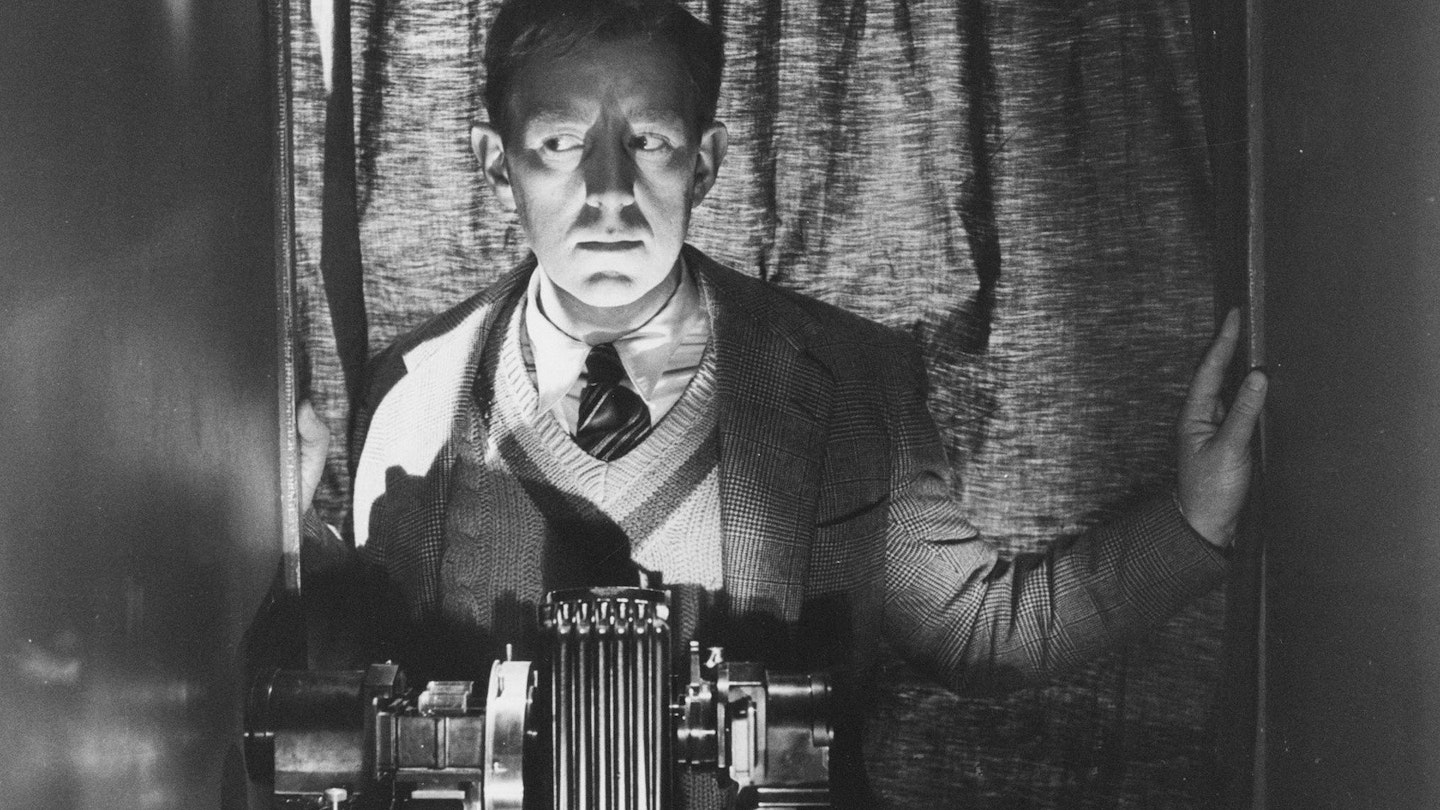Surprisingly few science fiction films care about actual science. Science is usually dismissed as the boring bit that has to be got out of the way before the monster shows up. In light of that Alexander Mackendrick's Ealing comedy is almost unique in considering the implications of an imaginary invention.
The script — by Roger MacDougall (who set the idea out in an unproduced play), John Dighton and Mackendrick — uses a wonderful laboratory breakthrough to raise questions about the application of science that in 1951 struck a chord with those worried about the proliferation of nuclear weapons (i.e. everyone) and today strikes even closer to home by envisioning the potentially disastrous effects of new technology on established manufacturing industries. It's also an unusual comedy in that it isn't especially concerned with being funny — the one scene of people laughing is as cruel as anything in cinema — but nevertheless pokes fun at sacred cows from all over the political spectrum, from pure scientific research through tool-downing shop stewards to monstrous capitalists.
Alec Guinness, at the height of his powers as Britain's most versatile character star, wears his own mild face for a change and gives a remarkable performance as Sidney Stratton, a single-minded but almost childlike chemist who has been fired from six textile mills for blowing the research budgets on an intricate H machine that seems only to produce droll sound effects (which were mixed with music and released as a single, The Man In The White Suit Samba) and explosions.
Like Stratton, Guinness hides in the background for the first half of the movie, noticed only by two contrasting women who fall for his reticent charm — brassy labour activist Bertha (Vida Hope) and the breathy Daphne (Joan Greenwood), daughter of his blustering employer Burnley (Cecil Parker). If there were another actor in the lead role, the film might have had to rely on dreary dialogue sequences as Stratton explains why he is doing what he is doing and what he learns from it. Without seeming to pull any faces, Guinness makes it all too clear, even in the inevitable science gabble bit, which sounds unusually credible but is also an infallible comic highlight as Daphne, like us, tunes out before realising what she has been told.
Eventually, Stratton declares his mystery project is on the verge of delivering results — a "long molecule" which makes a white thread from which can be woven clothes that will never get dirty or wear out. Burnley at first sees the enormous profit potential, and a prototype suit of dazzling (indeed luminous) white is manufactured. Then the unions and management realise that this means people will only ever buy one set of clothes and the whole industry — site of the original Luddite clashes between hand-loom weavers and the spinning jenny — will collapse. Stratton, unworldly enough not to have thought it through, has just enough savvy to realise that when a "new contract" is put before him by super-tycoon Sir John Kerlaw (James Whale favourite Ernest Thesiger in a letter-perfect cameo of decrepit deviousness) it means the industry actually wants to suppress his irksome invention.
In an astonishingly frank sequence that wouldn't have been allowed in a Hollywood film back in prudish 1951, the corrupt industrial barons, including her callow fiance (Michael Gough), prevail upon Daphne to seduce Sidney to win him over, and the girl ups their price for her prostitution before making some impressive moves on the naive inventor. Joan Greenwood, possessor of the sexiest voice in the British cinema (qv. Barbarella), is encouraged when Stratton rejects her, and helps him escape by using his unbreakable thread to walk down a wall (the film ignores other applications of such amazing monofilaments, like the line used to slice Udo Kier into segments in Johnny Mnemonic).
A mob of capital and labour pursue the man in his shining white suit through the mill-town — where his landlady-cum-washerwoman accuses him of plotting to abolish her lifestyle — and a lynching is only averted when it turns out that there was a flaw in the process and the fabric becomes unstable, flaking away to nothing. Eventually the industry settles down and Burnley congratulates himself on weathering the crisis, just as Stratton perceives the mistake he has made and sets out to start all over again (an ending reprised by another scientist at the end of The Quatermass Experiment).
Mackendrick, who also made such blistering films as The Ladykillers and Sweet Smell Of Success, is invariably labelled a cynic, but The Man In The White Suit has a fairly complex attitude to its thorny subject matter. On the one hand, the hero is beset by small-minded, self-interested, venal characters who do everything to exploit him; but, on the other, he has proceeded blithely ahead on a dangerous (often explosive) course without thinking through the human impact of his theory (a voice unheard from is that of the consumer, whom neither management nor labour cared about in 1951).
